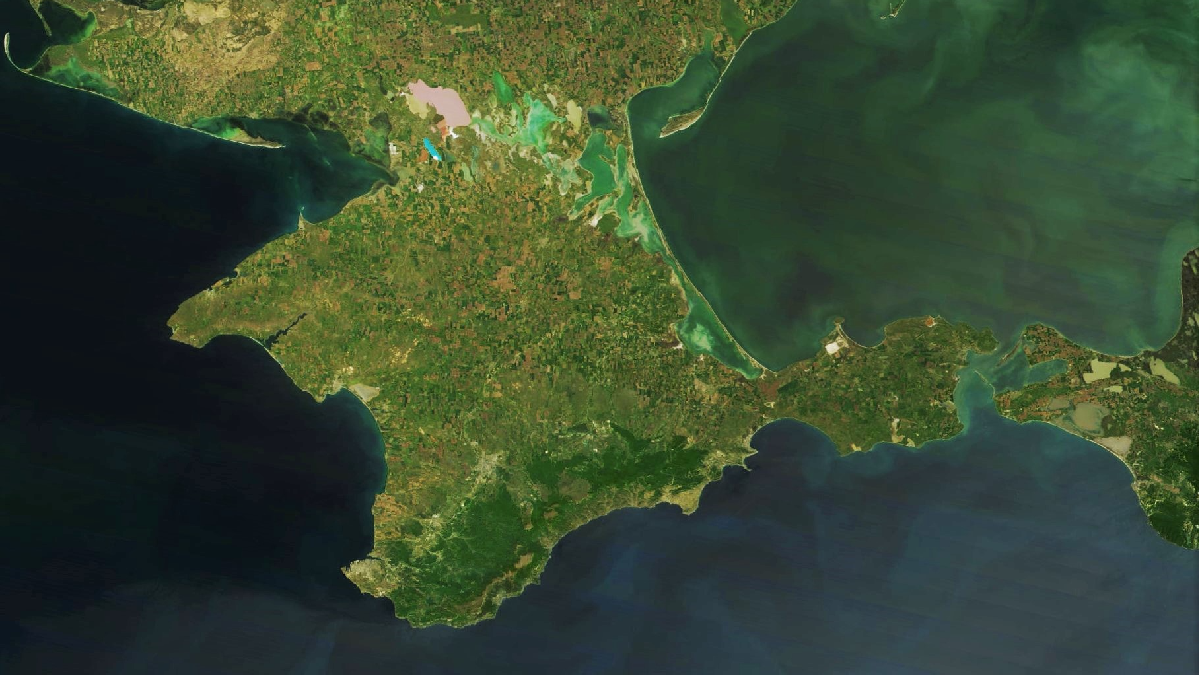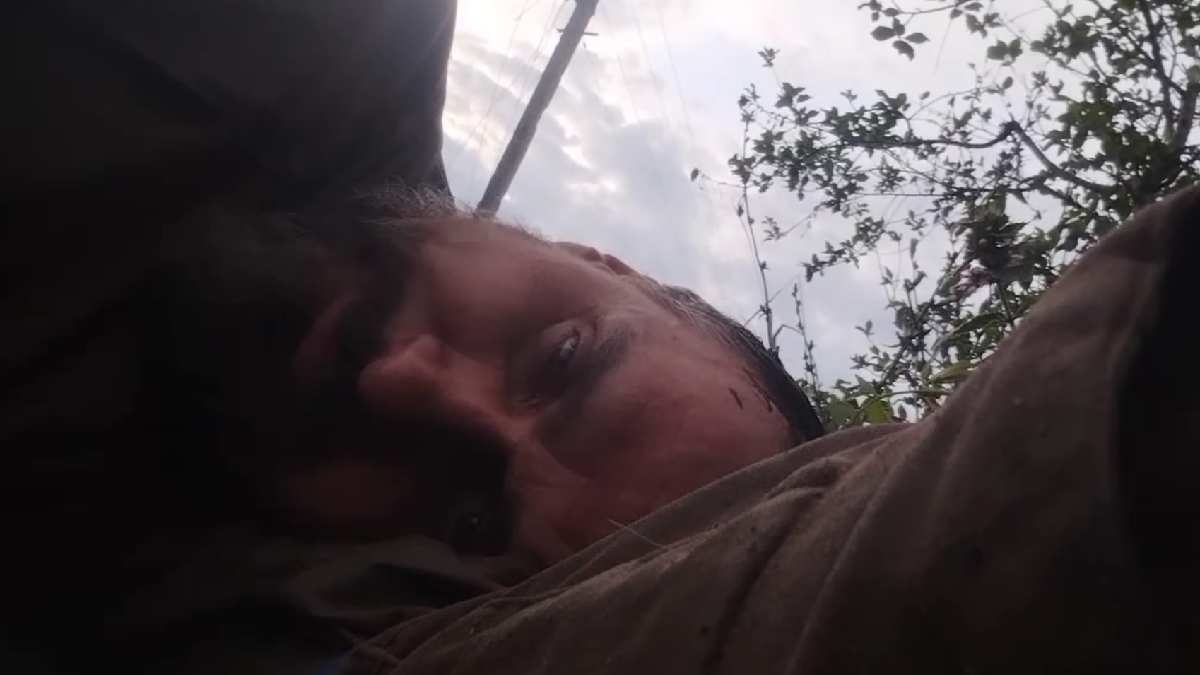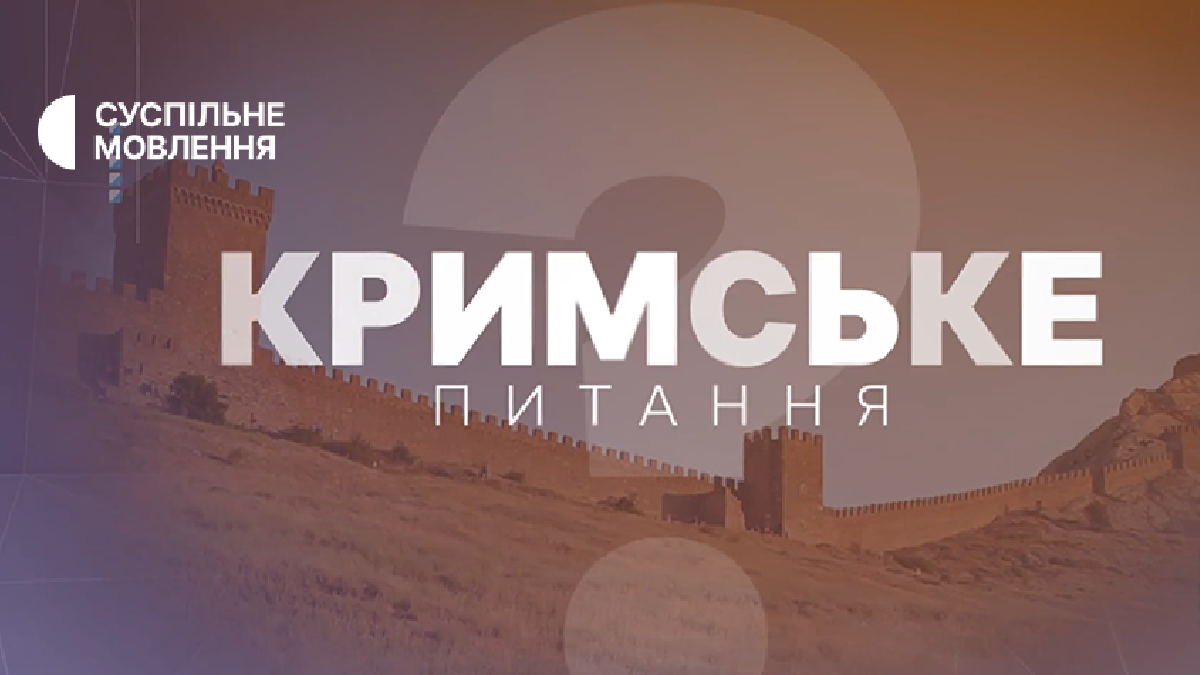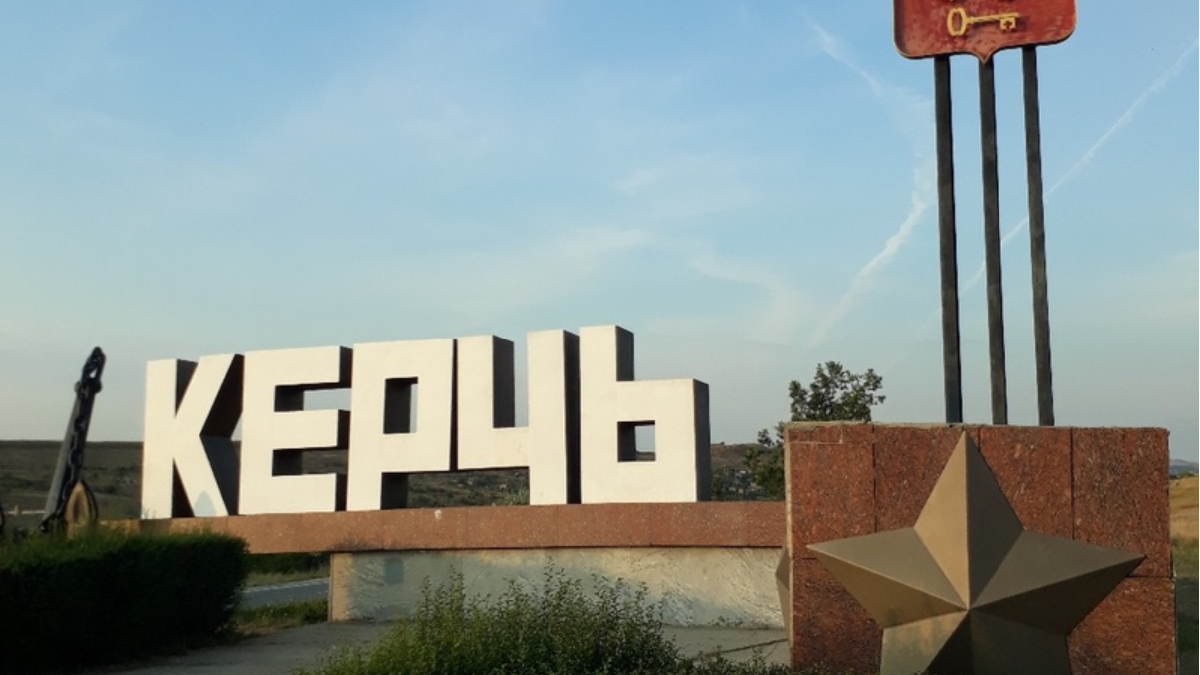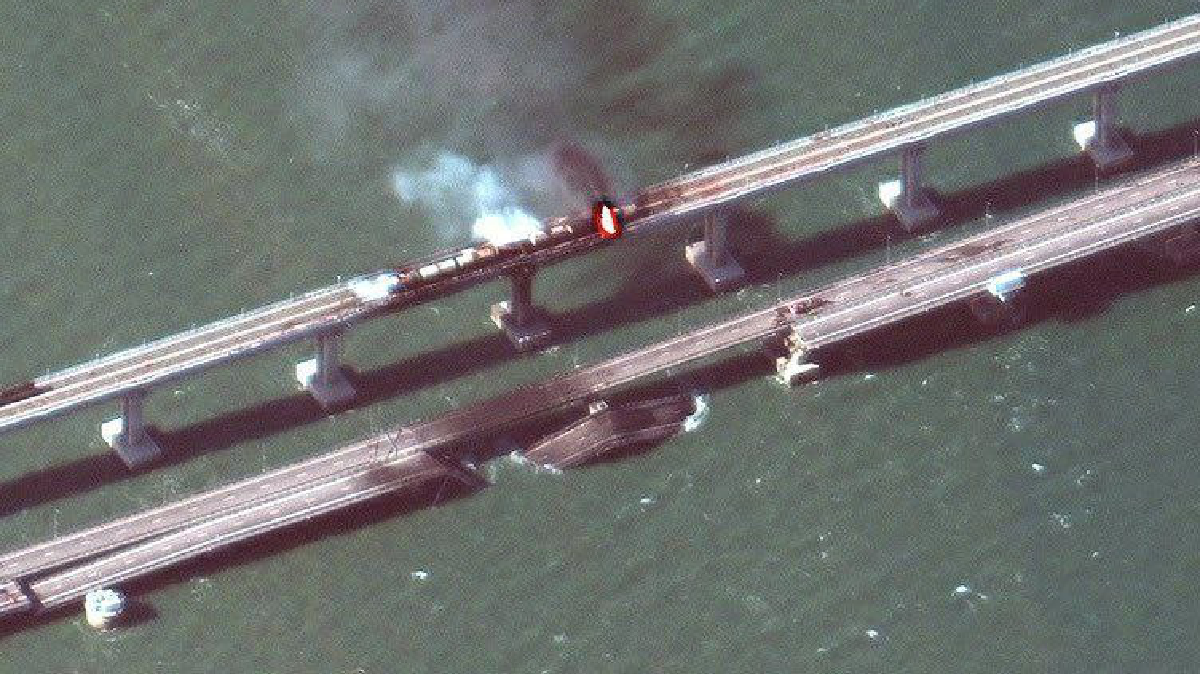Occupation materials. What to do with criminal cases?
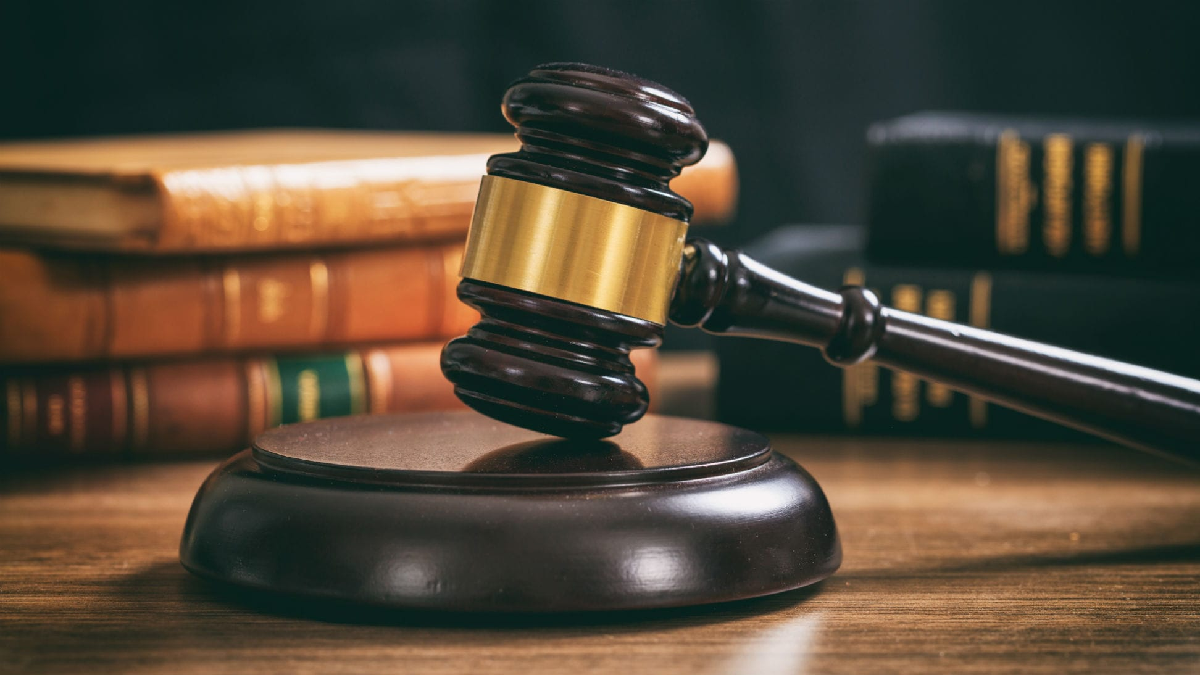
On October 22, the Supreme Court of Ukraine held a round table on "Expert consultations on the development of decisions on the investigation and consideration of cases whose materials are in the uncontrolled territories and in the occupied Crimea". It was attended by judges of the Supreme Court, representatives of law enforcement agencies, the Representation of the President of Ukraine in the Autonomous Republic of Crimea, the Ministry of Justice of Ukraine, the Ministry of Reintegration, UHHRU experts. The key result of the event is the joint elaboration of the draft law on determining the mechanism for resumption of pre-trial, court and enforcement proceedings in criminal proceedings, the materials of which remained in the temporarily occupied territory, and the mechanism for resolving cases in case of resumption.
Experts talk about this issue and the draft law developed by experts in Oleksandr Pavlichenko, Executive Director of the Ukrainian Helsinki Human Rights Union, Darya Sviridova, First Deputy Permanent Representative of the President of Ukraine to the Autonomous Republic of Crimea, and Borys Babin, Doctor of Laws, professor, ex-representative of the President of Ukraine in the Autonomous Republic of Crimea.
Oleksandr Pavlichenko noted that these are exclusively criminal proceedings and cases in which the verdict has not entered into force or cases where the verdict was not passed at all due to lack of access to criminal proceedings materials that remained in uncontrolled territories. Today, we have about 400 people who are actually victims of this situation. If we talk about solving this problem, then there are several options:
“It is possible to amend the Criminal Procedure Code or adopt a special law concerning this category of cases and this category of persons. This discussion allowed to develop a model that will be proposed and taken into account as a blanket rule, which will be introduced into the criminal procedure code with reference to the fact that it will be regulated by a separate law that will apply to this category of cases. The point is not to extend this problem to the whole spectrum of criminal cases pending in the courts”.
A separate category is persons who have served their sentences in uncontrolled territories. According to the executive director of the Ukrainian Helsinki Human Rights Union, at the time of the occupation of certain districts of Donetsk and Luhansk oblasts, about 16,000 people were in places of detention and 450-500 people were transported to the controlled territory. The rest remained to serve their sentences in the uncontrolled territory. And after release, they move without documents, without a passport with one certificate of release, which is also not recognized as a document. This is another problematic issue regarding the recognition of issued documents. The following cases, in particular, were also considered during a round table in the Supreme Court, which resulted in the development of models to be put into text:
“The Ministry of Justice suggested that they were ready to publish their version of the material in the second quarter of 2022. For our part, with this joint author's meeting, we could prepare a text that could be submitted to the parliament, for example, through people's deputies, who would have co-authored and initiated the submission of this text to the parliament”.
Daria Sviridova, First Deputy Permanent Representative of the President of Ukraine to the Autonomous Republic of Crimea, noted that they are approached by various categories of citizens, who may be victims and suspects or persons against whom Ukrainian courts have ruled before the occupation and each of these categories expects certain completion of justice by Ukraine. And according to the mission, this actually falls under the question that these individuals are partly victims of the armed conflict because their rights have been violated in connection with the occupation and they cannot access normal justice. But at the moment, the president's office can not help these people, except to participate in the preparation of the implementation strategy plan and involve an expert in the development of the bill. Although it is difficult to talk about the timing of the final development of this text:
“It is difficult for me to say how long our work can last, that is, it can be fast, long - it depends on many factors. If we talk about the deadlines in the plan for the deoccupation strategy, the mechanism and the proposal for such legislative changes should be worked out and initiated by the government by the middle of next year”.
Borys Babin, Doctor of Laws, former representative of the President of Ukraine in the Autonomous Republic of Crimea, believes that all these processes began after Ukraine lost two cases in the European Court of Human Rights related to the impossibility of completing criminal proceedings. Namely, the issue has to some extent matured over the eight years of occupation, and even if something is now subordinated, it will certainly be good and right. However, according to the Doctor of Law, it should be understood that this is not a question of deoccupation, it is something else, although the humanitarian dimension is present here. Regarding the chances of supporting the future bill, he noted the following:
"There is really a chance that there will be political will and such issues that are not really very painful and do not require systemic changes - they will be quite easily resolved. To do this, you need to vote on the law, make changes to a bunch of codes. Purely technically, this is a difficult task, here the team of lawyers should prescribe everything well".
As for other options for resolving issues with such cases, in the opinion of Borys Babin, they should have been adopted a long time ago, especially if they are general criminal cases, not serious and moderate. Or with the participation of the Prosecutor General's Office:
“In my opinion, even the Prosecutor General's Office could provide certain methodological explanations within its function of coordinating law enforcement officers, and even at this level, within the framework of the current procedural law, two-thirds of these proceedings would be terminated. But we can't do that because we want everything to be "beautiful." Well, we will wait until the bill is approved - God forbid that it was at least in 2022".

